According to the Australian Road Deaths database, 1,203 people died on Australian roads as a result of motor vehicle accidents in 2018. These figures are increasing every year.
WHAT IS A NERVOUS SHOCK CLAIM?
- If a loved one suffers a sudden and unexpected death in a motor vehicle accident, it is common for a person to suffer a psychiatric injury when they are informed of the death.
- The development of a ‘psychiatric injury’ in such circumstances is often referred to as ‘nervous shock’.
- If you suffer nervous shock, you may also experience ‘loss and damage’ as a result if, for example, you are unable to work because of your injury.
- You may have a right to pursue a common law claim if the nervous shock, and loss and damage was caused by the negligent acts of another.
- These claims are called nervous shock claims and differ from general person injury claims.
COMMON LAW CLAIMS
For a Common Law claim to succeed you (the person who suffered the nervous shock) must establish that:
- the driver (the defendant) breached the duty of care they owed to you; and
- this breach caused you to suffer injury, loss and damage.
This is referred to as negligence.
Elements of Negligence
- Is there a duty of care?
In a motor vehicle accident, it must be established that a relationship exists which gives rise to a duty to take reasonable care.
The relationship between one road user and another road user is a recognised category of relationship which gives rise to a duty of care at law.
While road users owe other road users a duty of care, this duty of care is not owed to everyone.
In nervous shock claims, it can sometimes be difficult to establish the existence of a relationship which gives rise to a duty to take reasonable care. - Was there a breach of the duty of care?
If a defendant owes you a duty of care, for example, to operate a motor vehicle safely and to abide by the road rules, and this duty of care is breached due to speeding or running a red light, the defendant is likely to be found to have breached the duty of care it owed you. - Is there a causal connection between the breach of the duty of care and the damage suffered?
There must be a connection between the injury and damage suffered as a direct result of the defendant’s breach of duty of care. In other words, the negligent act, caused the psychiatric injury, loss and damage.
ELEMENTS OF NERVOUS SHOCK CLAIMS
In order to prove liability (fault) in nervous shock claims, the person experiencing nervous shock (“the plaintiff”) must, in addition to proving negligence, prove several other elements.
The elements were determined by the High Court in the cases of Tame v NSW; Annetts v Australian Stations Pty Ltd, which were heard by the High Court together. This decision continues to be a leading authority in nervous shock claims in Australia.
CASE: Tame v NSW; Annetts v Australian Stations Pty Ltd
Background:
- In August 1986 a boy, a minor aged 16, was permitted by his parents, Mr and Mrs Annetts (the plaintiffs), to work for Australian Stations Pty Limited (the defendant), in a remote part of outback Australia, on the faith of assurances that he would be well cared for.
- In December 1986, the plaintiff’s son went missing in circumstances where it was clear that he was in grave danger.
- When Mr Annetts was informed that his son was missing by the police, over the telephone, he collapsed.
- There was a prolonged search for the boy, in which the plaintiffs took some part.
- The boy’s bloodstained hat was found in January 1987.
- In April 1987 the body of the boy was found in the desert. He had died of dehydration, exhaustion and hypothermia. The plaintiffs were informed of the death of their son by telephone.
- Subsequently, Mr Annetts was shown a photograph of the skeleton which he identified as that of his son.
- The plaintiffs suffered a psychiatric injury (nervous shock) as a result of their son’s death.
- The plaintiffs alleged negligence against the respondent for failing to provide their son (the respondent’s employee) with a safe system of work.
Decision:
- There was a breach, on the basis that the defendant, as the boy’s employer, owed a duty to the parents to take reasonable care in supervising him. The breach of this duty resulted in psychiatric harm. As such the elements required in negligence were satisfied.
- There were three relevant relationships: employer-employee, parent-child, assurer (of the child’s safety)-assured.
- Receiving the news of the boy’s disappearance constituted a ‘sudden shock’.
- Learning of the incident by phone was a sufficiently direct perception.
- The principles formulated as a result of this decision remain valid. They are: A shocking event must have occurred. The plaintiff must have actually witnessed the shocking event or observed its immediate aftermath or have had the fact of it communicated to him or her, as soon as reasonably practicable, and before he or she has or should reasonably have reached a settled state of mind about it. The person making the communication will not be liable, unless they intended to cause psychiatric injury. The event must be such as to be likely to cause psychiatric injury to a person of ‘normal fortitude’. The likelihood of psychiatric injury to a person of normal fortitude must be foreseeable and not ‘frivolous and fanciful’.There needs to exist a special or close relationship between the deceased and the plaintiff (for example the relationship between children and parents).It remains the case at common law that a duty of care can be owed to a person not involved in an accident, but who experienced mental harm as a consequence of its aftermath.The duty of care may be found to extend to persons such as grandparents, legal guardians, step parent, spouse or partner of the plaintiff, and relationships where it is determined that a special or close relationship existed between the deceased and the plaintiff. This is an issue of law that would need to be considered on the merits of the unique circumstances of the case and would require investigation and consideration by a suitably qualified legal practitioner.A true psychiatric injury directly attributable to subject incident must have been experienced (and this injury must be diagnosed by a suitably qualified expert such as a Psychiatrist).People experience loss, grief and trauma in different ways. The diagnosis and extent of the psychiatric injury would need to be determined by a suitably qualified expert such as a Psychiatrist.Any pre-existing psychiatric conditions would be a relevant factor to consider in relation to causation (the cause of the injury) and whether the psychiatric injury was caused by the subject shocking incident or another pre-existing injury. This is something that would need to be considered on its own merits by a suitably qualified expert such as a Psychiatrist.
CASE: King v Philcox
In the South Australian case of King v Philcox the High Court considered whether a negligent driver who was responsible for an accident that caused the death of a man owed the man’s brother a duty of care.
- Background: On 12 April 2005, Scott Philcox was the passenger of a vehicle being driven by George King. Mr King’s negligent driving caused an accident which resulted in the death of Scott Philcox. Scott Philcox’s brother, Ryan Philcox, had travelled past the accident on five separate occasions after the accident. On the five occasions, he says that he witnessed the aftermath of the accident, including the attendance of emergency services. At that time, Ryan Philcox was not aware that the accident involved his brother. On the evening of the accident, Ryan Philcox was told by his parents that his brother had been killed in a motor vehicle accident. Ryan Philcox realised that the accident he had witnessed involved his brother. Ryan Philcox experienced a nervous shock injury after learning of the death of his brother.
- The Issues: Whether George King owed Ryan Philcox a duty of care.Whether Ryan Philcox was entitled to damages (compensation) due to the nervous shock he suffered.
- Decision: George King did owe a duty of care to Ryan Philcox as it was considered that it was reasonably foreseeable that a sibling coming upon the scene of the collision, including its aftermath would, on hearing of his brother’s death, incur mental harm. Ryan Philcox was not awarded damages as he was not present at the scene when the accident occurred.
RIGHT TO RECOVER COMPENSATION
A common law claim for damages would, if successful, compensate you (the person who suffered the nervous shock) for pain, suffering and loss of enjoyment of life, past and future income loss and superannuation loss, as well as past and future medical and rehabilitation expenses.
The damages that you may seek to recover in a nervous shock claim, only extends as far as is practicable, to put you back in the position you would have been but for the negligent acts of the defendant.
Each claim must be determined based on its own unique set of circumstances and merit.
The amount of damages recoverable in these claims requires investigation and quantification by a suitably qualified lawyer.
LAW IN QUEENSLAND
In Queensland, the legislation that governs nervous shock claims is the Civil Liability Act 2003 (Qld). The law in Queensland does not restrict a person from claiming damages for pure mental harm. Specifically, there is no requirement for the plaintiff to be at the accident scene at the time of the accident. This only applies to claims governed by the Civil Liability Act 2003 (Qld)
CONCLUSION
Motor vehicle accidents frequently occur on Australian roads. Many of these accidents can result in a family member or loved one experiencing a psychiatric injury (nervous shock) as a result of a sudden and unexpected death of a loved one caused by a motor vehicle accident.
If the elements of negligence and nervous shock claims are met, as outlined above, a person may have a right to pursue a common law claim for damages for nervous shock.
There are strict time limits that apply to personal injury claims including claims for nervous shock. If a claim is not commenced prior to the expiry of these strict time limits the claim may be deemed to be statute barred, meaning a person may no longer have the legal right to pursue the claim.
HOW CAN EVOLVE LEGAL HELP ME?
Evolve Legal assists individuals with tailored legal advice to fit their individual needs. Call Evolve Legal today on 1300 025 101.
Posted in: Personal Injury
March 10 2020




